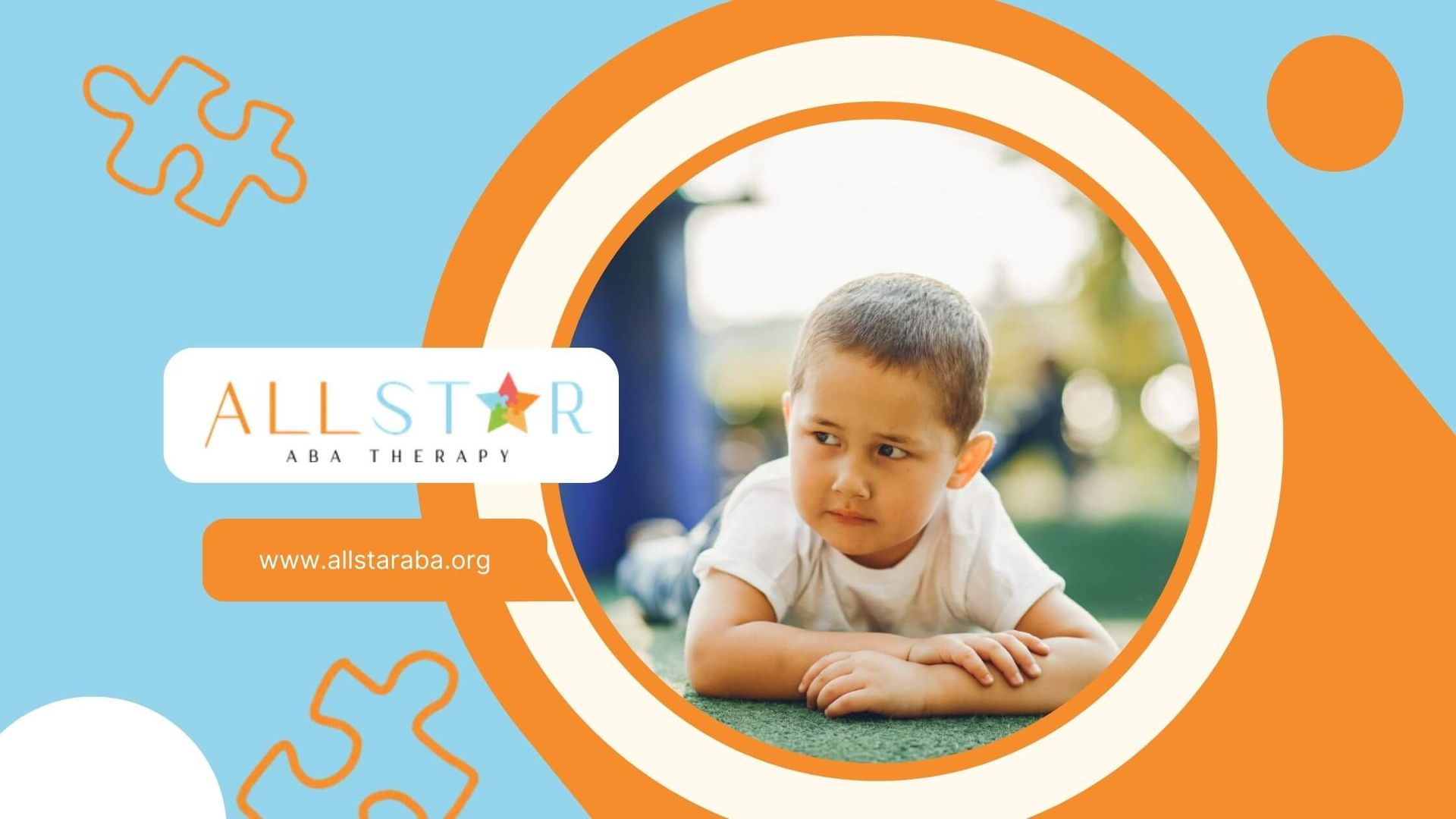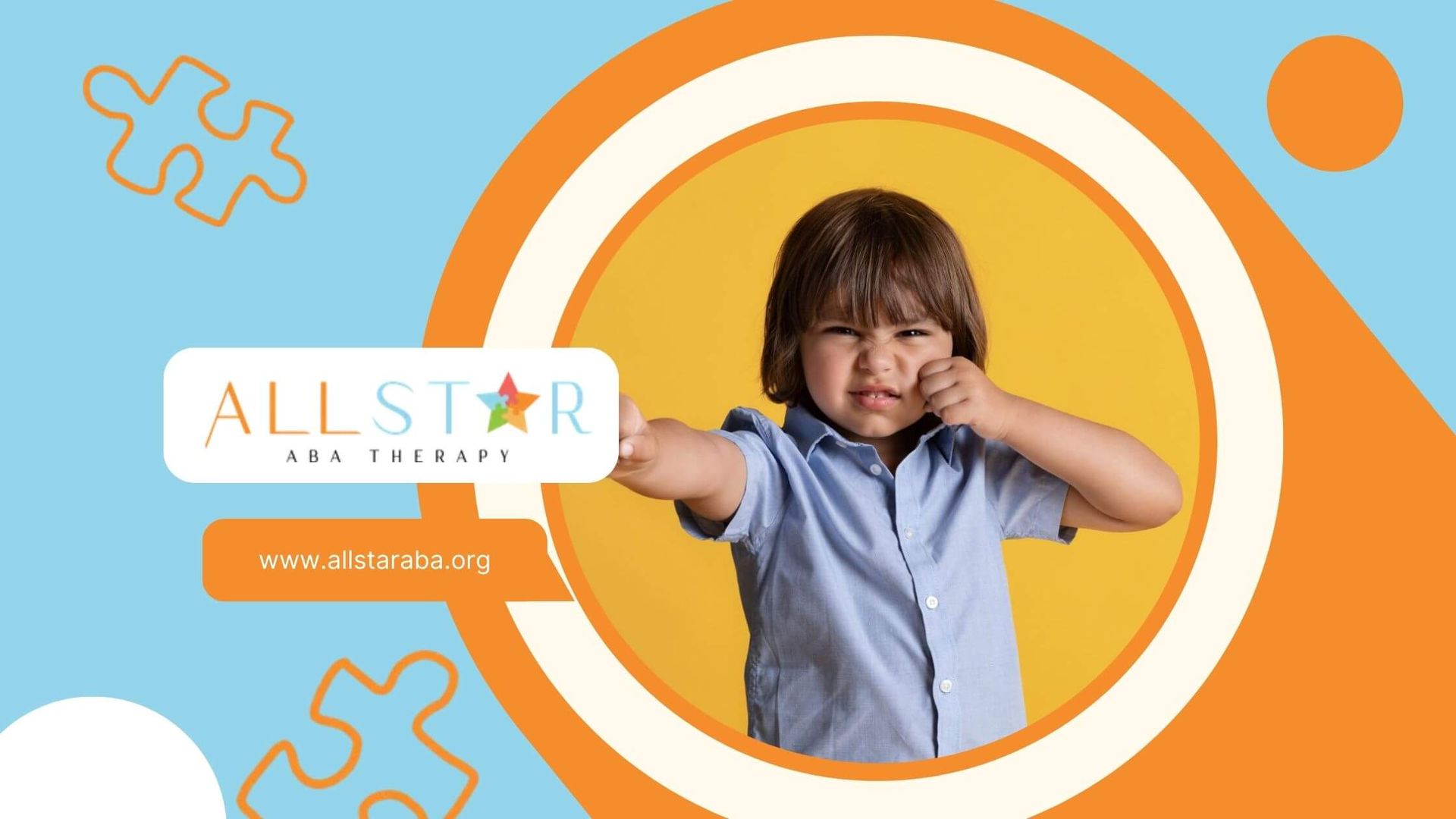New Paragraph
Can Autism Be Diagnosed Before Age 2? What You Need to Know
Yes, autism can be diagnosed before age 2. Early signs of autism may appear within the first year, but reliable diagnosis usually happens between 18 and 24 months. The American Academy of Pediatrics recommends autism screenings at 18 and 24 months during regular check-ups to catch early signs.
Studies show that an autism diagnosis made by experienced professionals at age 2 or younger is generally accurate. For example, research indicates diagnostic stability reaches over 80% by 16 months, supporting early identification and intervention. Early diagnosis helps start therapy sooner, leading to better social and communication skills over time.
Signs in infants may include limited eye contact, delayed babbling, lack of response to name, and repetitive movements. Parents noticing these behaviors should seek evaluation promptly for the best outcomes.
If there are concerns about early development, All Star ABA in Maryland offers professional autism assessments and tailored ABA therapy to support your child's growth. Contact us today to schedule a visit and take the first step toward early support.
FAQs
Can autism be diagnosed before age 2?
Yes, diagnosis is reliable between 18-24 months with professional screening.
What are early signs of autism in infants?
Limited eye contact, delayed babbling, not responding to name, repetitive movements.
Why is early diagnosis important?
It allows early therapy, which improves communication and social skills.
When should I seek evaluation for my child?
If developmental concerns arise, consult a specialist promptly for assessment.
How can I get an autism assessment in Maryland?
Contact All Star AVA for professional autism evaluations and customized ABA therapy.
Need Support?
We're Here to Help!
Our experienced team is ready to assist you. Reach out today to discuss how we can support your child's development and well-being.
Get started with expert ABA therapy today.








